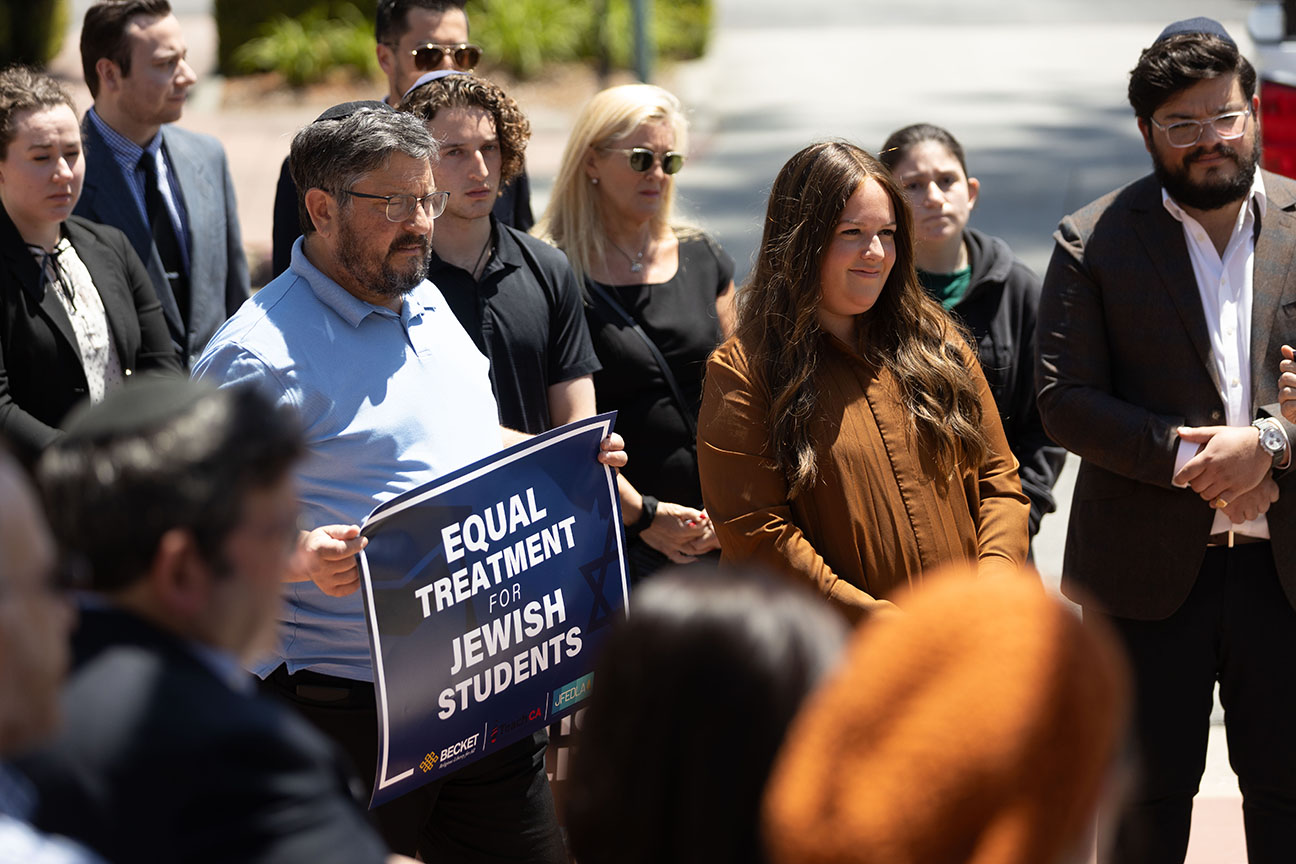
As Orthodox Jews, it was important for Chaya and Yoni Loffman to be able to send their son to a Jewish school. It was there that he would learn about his heritage while following Jewish law and engaging in secular studies as well.
However, because the Loffmans’ child is disabled – and because they live in California – he and his family have faced difficulties ever since he entered the schooling system.
“We send him to a Jewish school, but we are left to pay completely out of pocket for the services that his disability requires,” the Loffmans told the Journal. “We were even forced to discontinue his speech therapy because we could not financially handle paying for all of his services. But this is the sacrifice we feel we need to make to remain faithful to our duties as Jewish parents to teach our son the faith.”
“We send him to a Jewish school, but we are left to pay completely out of pocket for the services that his disability requires.” – Chaya and Yoni Loffman
In California, students with disabilities can go to public schools or non-religious private schools and receive the services they need. However, when it comes to religious schools, funding for services for students with disabilities is blocked – even though it should be permitted under the federal Individuals with Disabilities Education Act (IDEA).
IDEA funds special education programs in public schools in states including California, but public schools cannot always meet the needs of all students with disabilities. Federal and state law allow IDEA funding to be used in private schools, but in California, religious private schools cannot access that funding. This means that religious parents of all faiths must decide whether to place their children with disabilities in public school or pay for services out of pocket.
Now, the Loffmans and other religious Jewish parents of students with disabilities, including Fedora Nick and Morris Taxon, and Sarah and Ariel Perets, are plaintiffs in a lawsuit, Loffman v. California Department of Education. They are fighting for the opportunity to place their children in the school of their choice and receive the services they need.
“We aren’t looking for special treatment, just equal treatment,” the Loffmans said. “California already allows parents to receive IDEA funding to send their children to hundreds of other private schools. The state should allow the same for Jewish schools.”
The Becket Fund, a non-profit public interest law firm that defends religious freedom, is representing all the parents involved in the case. On May 7, oral arguments were heard at the U.S. Court of Appeals for the Ninth Circuit in Pasadena, and a decision is expected in the coming months.
Teach Coalition, a nonprofit that advocates for government funding and resources for nonpublic schools, is supporting the lawsuit.
“Since 2013, Teach has advocated for equitable funding and resources for our yeshivas and Jewish day schools, ensuring our families have access to safe, affordable, quality Jewish education,” said Teach Coalition CEO Maury Litwack. “This issue of ‘access’ is precisely what’s at the core of this lawsuit. When California denies children with special needs the right to a Jewish education with the tools needed to thrive, they are denying our children access to an education that best suits their needs.”
Litwack hopes that the lawsuit will end up opening doors for California, as well as other states, to “reassess their programs and statutes and provide equitable funding and resources for all students, regardless of religion or educational needs,” he said.
For Chaya and Yoni Loffman, they simply strive to provide their son with the right resources so he can thrive.
“As parents of a child with disabilities, we want him to have an education that helps him learn alongside his peers,” they said. “As a Jewish family, we also must raise him in our religious tradition. We believe that parents in California should have access to schools that can do both.”








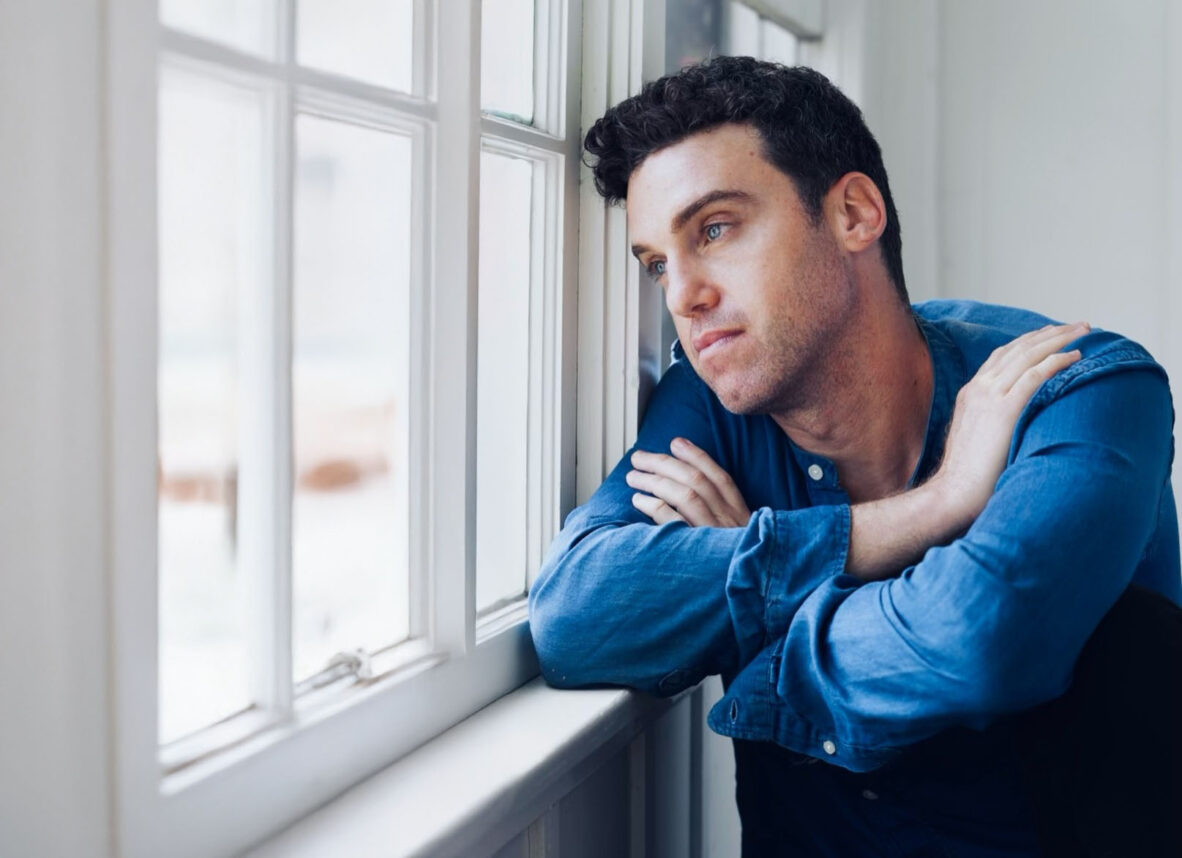
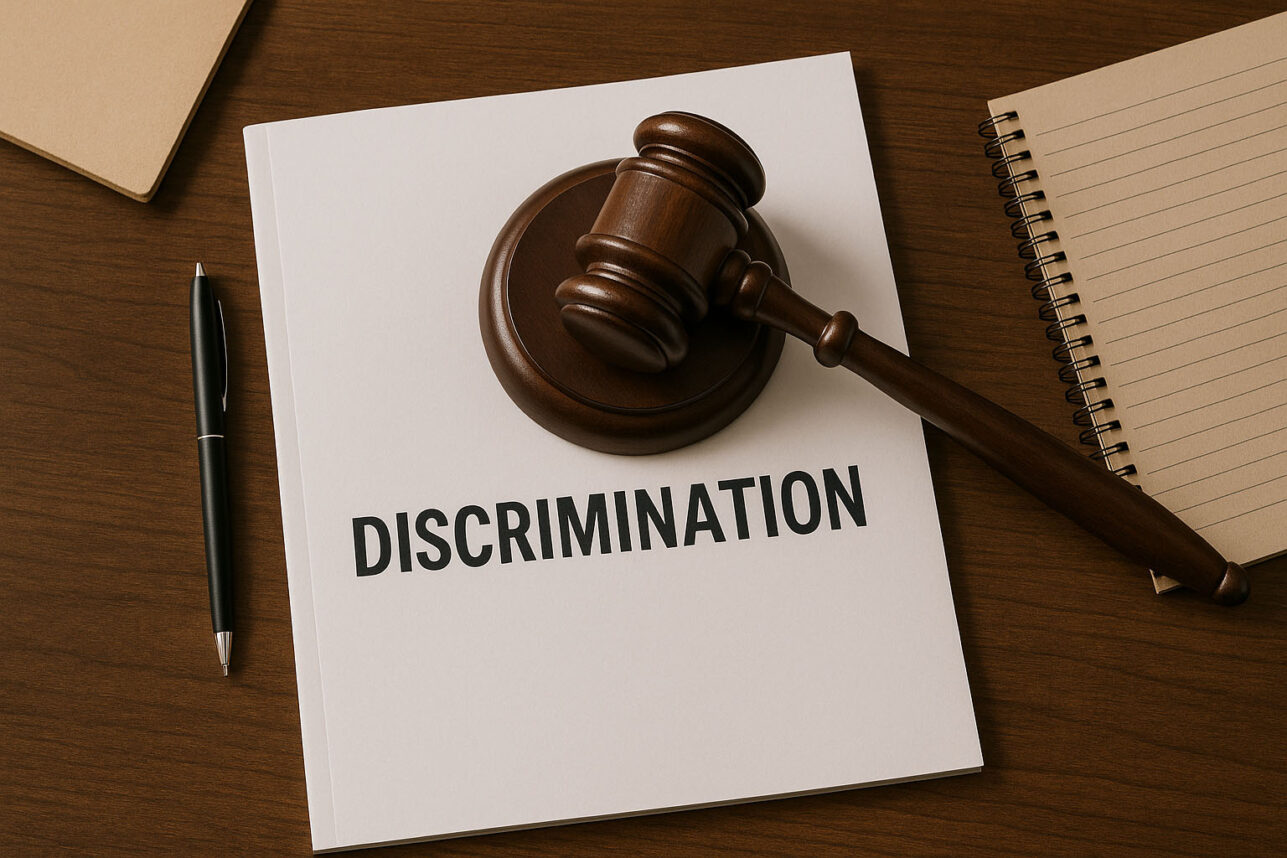


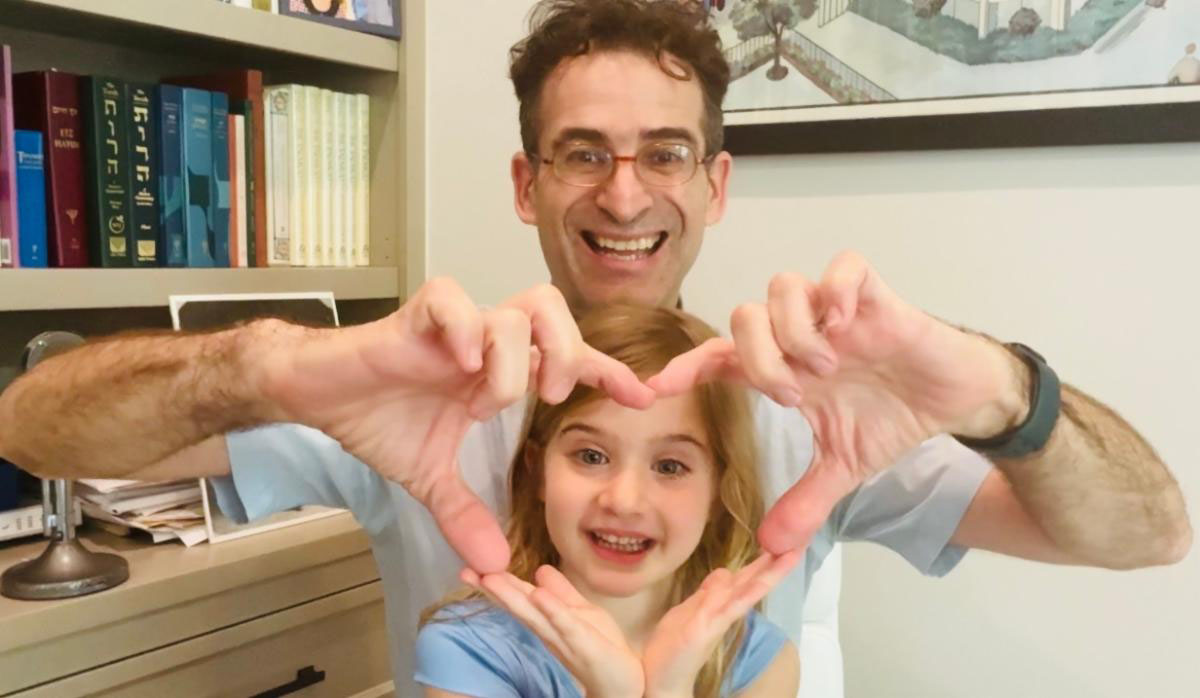
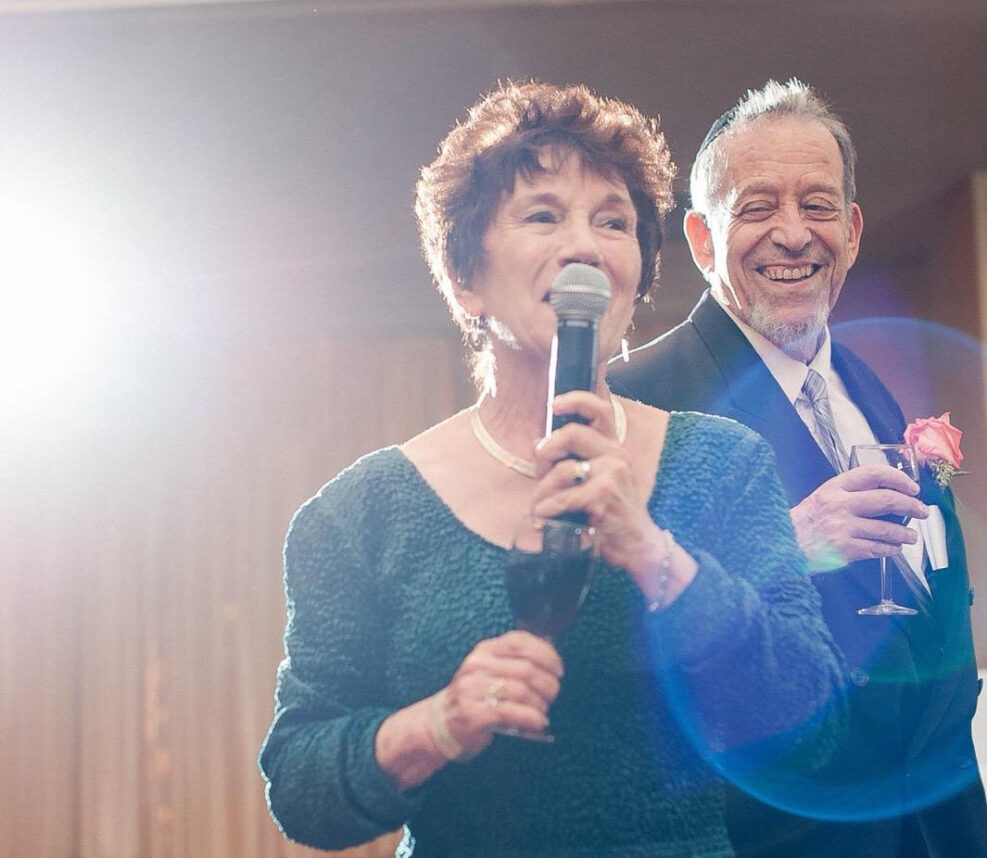

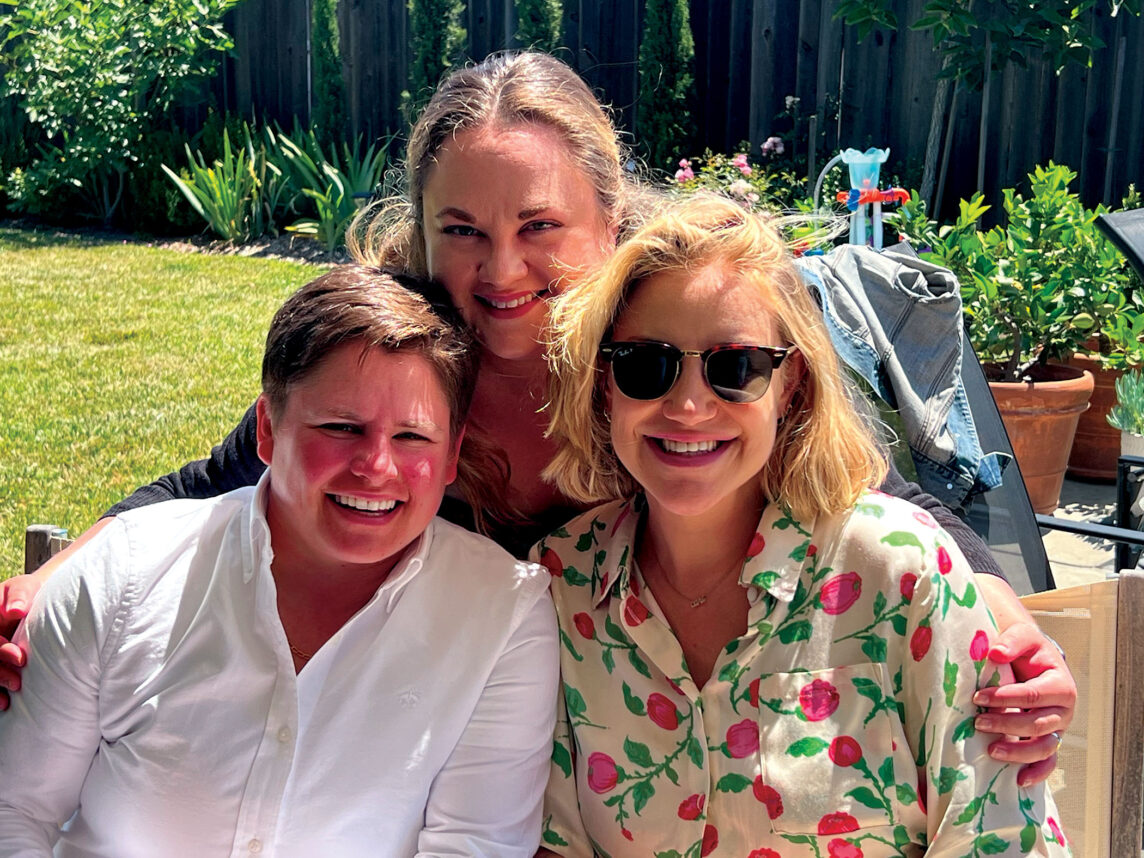
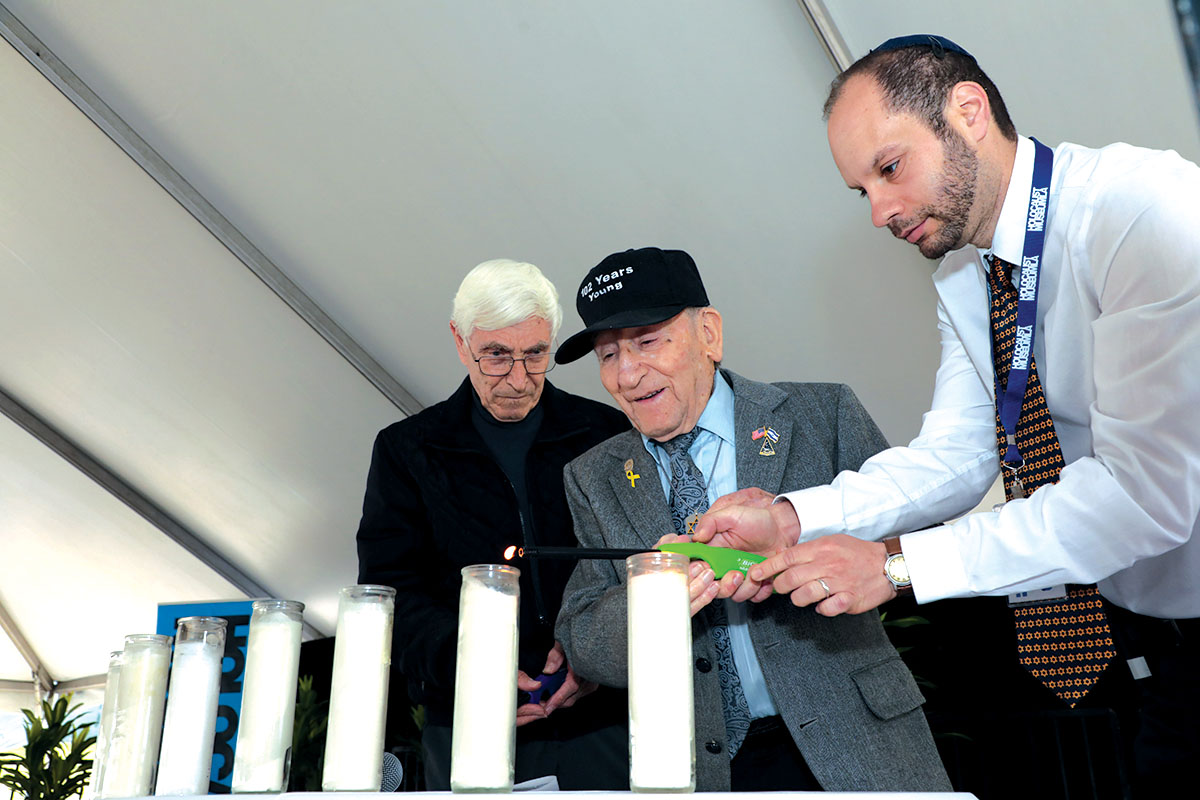




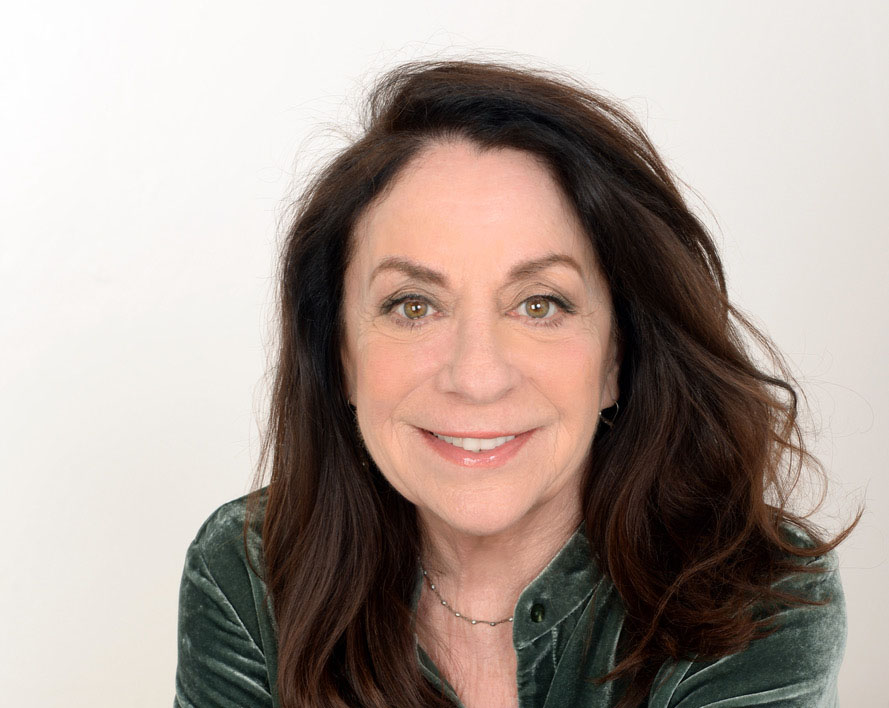


 More news and opinions than at a Shabbat dinner, right in your inbox.
More news and opinions than at a Shabbat dinner, right in your inbox.